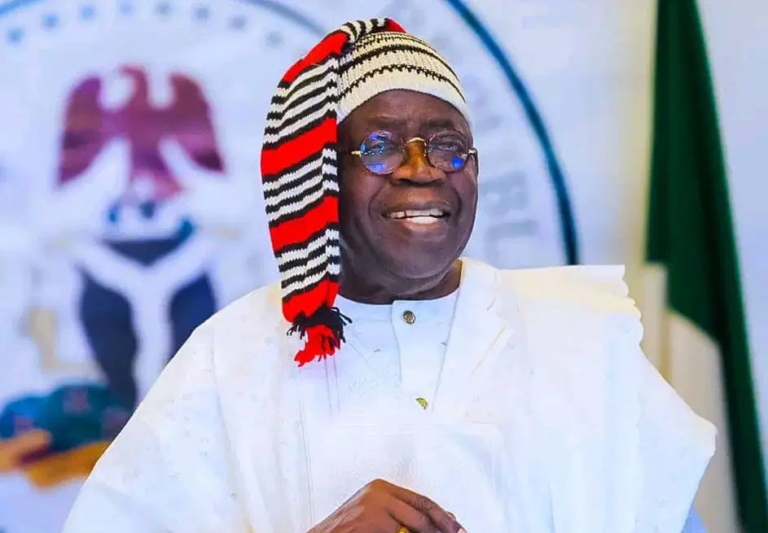President Bola Tinubu has signed a new Executive Order aimed at reducing oil production costs, attracting fresh investments, and increasing government revenue from Nigeria’s oil and gas sector.
Announced on Friday by Senan Murray, spokesman for the Office of the Special Adviser on Energy, the directive titled ‘Upstream Petroleum Operations Cost Efficiency Incentives Order, 2025’, introduces a performance-based incentive system that rewards oil companies for achieving cost-efficiency targets.
The Nigerian Upstream Petroleum Regulatory Commission (NUPRC) will set annual cost-efficiency benchmarks by terrain including onshore, shallow water, and deep offshore. Companies that meet or exceed these benchmarks can retain 50% of the additional revenue generated through their cost-saving measures. However, tax credits are capped at 20% of a company’s annual tax liability to protect public revenue.
“This is not about charity, it’s about value,” President Tinubu said.
“Nigeria must attract investment based on a credible promise of returns. Every barrel must count for jobs, growth, and our national future.”
The President has tasked Mrs. Olu Verheijen, his Special Adviser on Energy, with coordinating inter-agency implementation of the reform.
Despite past promises from the NNPC to cut production costs to $10 per barrel, actual costs have remained alarmingly high. As of mid-2024, the average cost stood at $48 per barrel, with total production expenses hitting $11.4 billion, compared to $19.5 billion in revenue. This resulted in a 58.46% cost-to-revenue ratio, one of the highest globally.
“The reform is a strategic effort to make Nigeria’s upstream sector globally competitive and fiscally resilient,” Verheijen said.
“By incentivising efficiency, we are boosting investor confidence and ensuring greater value for Nigerians.”
Concerns about the unsustainable costs have been echoed by government officials. James Faleke, chairman of the House Committee on Finance, and Zacch Adedeji, chairman of the Federal Inland Revenue Service (FIRS), both warned that high production costs threaten Nigeria’s global competitiveness.
At current oil prices of about $65 per barrel, Nigeria earns only $17 per barrel after production expenses — a precarious position for a country grappling with foreign exchange challenges and dwindling investment.
Olufemi Idowu, partner at Kreston Pedabo, commended the move, saying it could push companies toward leaner operations and improved cost management.
“The framework offers real incentives, but the burden now rests on the oil producers to rise to the challenge,” he said.
With this latest move, the Tinubu administration aims to reform a troubled sector that has long been hindered by inefficiencies, bloated costs, and dwindling investor confidence.



























